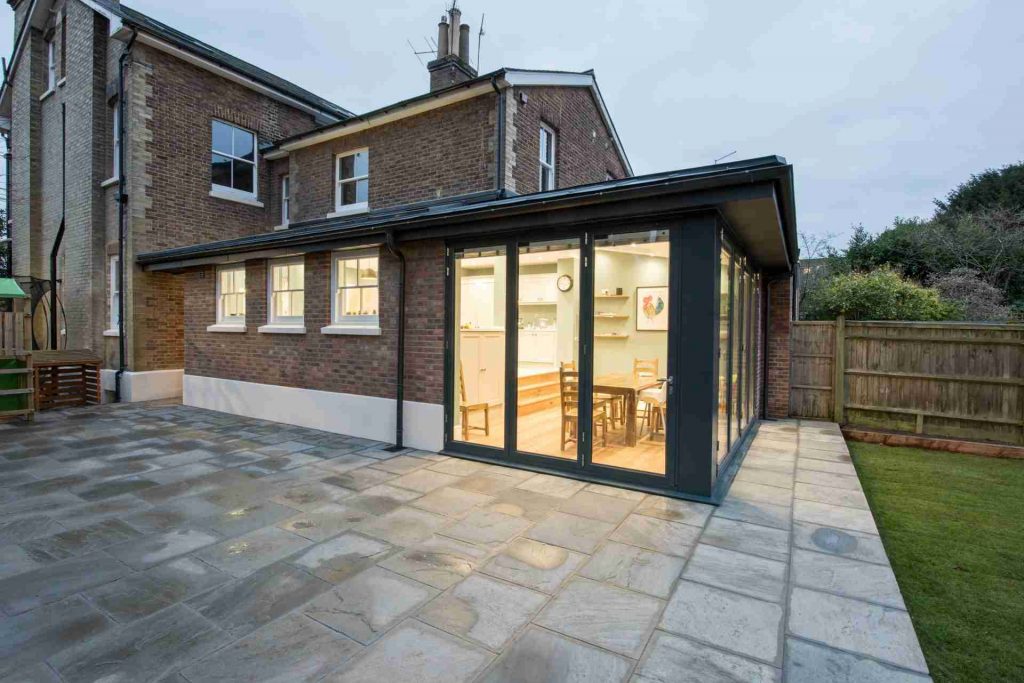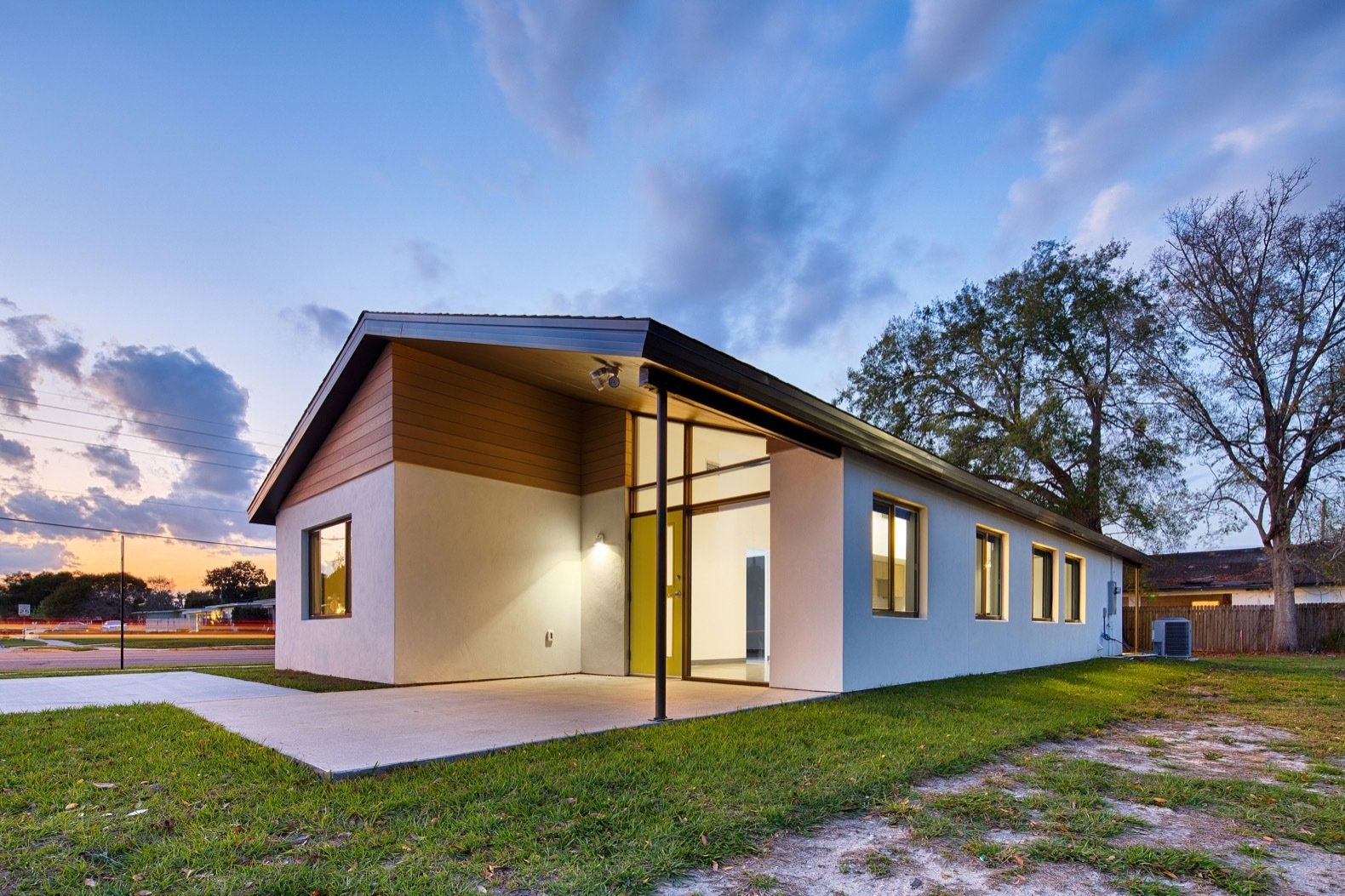
EXTENSION

LOFT CONVERSION

BATHROOM FITTERS

TILING

PLUMBING

ELECTRIC

DRIVEWAYS

PATIOS
What is the Duration of Planning Permission?
You purchased a plot of land that was approved for the construction of a house. Despite receiving planning clearance for an expansion, the question that arises in your mind should be that “How long is my planning permission going to last?” If you are in that situation, you may start to wonder about the length of time a planning approval can last. Can you do anything to prevent its expiration before you’re prepared to begin construction? This article addresses concerns about when to put your planning permit into effect, problems with expiring permission, and possibilities for extending permission.


A planning permit is typically valid for three years. If your permit expires, you will no longer be able to carry out work if the required work has not started within the allotted three years. If you have purchased a piece of property or a structure that requires a planning permission, then it’s important to know the date that the local planning authority approved so you can begin the project on time. Since that date determines when the permit will expire, it’s crucial to keep in mind that the job should begin by a specific deadline. The three-year window only applies from the moment the local government provides permission until the start of development; once the authorisation is regarded to have been “executed,” the window disappears. You can get a planning handbook from your local authorities, which provides pre-application guidance on the finer points of the planning procedure as well as a thorough explanation of related planning costs, specifics of the planning application form, and timelines for the decision-making process.
Are you looking for a professional construction company in your Town
Types of Planning Permission
How long you really have to start working on your project will depend on the sort of authorisation you were given if you submitted an application.Complete Planning Approval
A full planning approval is when you have submitted all of the project’s information for review and the planning committee has approved it. You then have three years to put the planning authorisation into effect. There are very few exceptions to this rule, but you will have three years to start working on the project unless such exclusions are indicated in the letter of consent provided after the planning decision.Outline Planning Approval
While the majority of applications prefer full planning authorisation. The outline applications, which are frequently used for large-scale development projects, seek the local authorities’ approval of your project’s general concept. After that, you have three years to take action, but you must file the reserved issues application, which is the second part of the application. You have two more years after the reserved issues are approved before the permit must be put into action, giving you a total of five years after the outline planning permission has been granted.

Can Planning Permission Be Extended if Construction Takes Too Long?
There is no opportunity to renew or extend your application if you are getting close to the deadline by which you must put plans into action. Although you must begin construction within three years, you are not required to complete the project within that period. If your construction is taking too long to start, you have two choices:Introduce a New Application
This step involves making a new application by letting your current planning permit expire and starting the application procedure over from scratch. While there is no assurance that you will obtain permission again, the application should be much easier to submit than the first time because you will already have blueprints, surveys, and other material from the first application.Stop the Expiration of Your Permission
By putting your planning permit into practice, you can maintain it for a while longer. The planning committee considers the plan to be executed on the earliest date. So that any “material operation” included in the development starts to be carried out. This “material operation” might be carried out by contracting a construction team or by carrying out the task yourself.Are you looking for a professional construction company in your Town

Risks Associated with Implementing Plans to Maintain the Application
The location where you start work must first be in accordance with the plans. Construction must be done precisely on the same location for the material processes to be considered implemented. For instance, “material operation,” counts as digging a foundation area is a common action but the planning committee will only consider it to be the execution of the planning authorisation, if the area of digging is in the exact location indicated in the plans. To prevent unauthorised development, make sure your “material operations” fulfil any pre-commencement requirements you may be subjected to. The planning permission grant will be issued either “unconditionally” or “subject to restrictions” in your planning approval notice or approval letter. This might involve undertaking tasks before the start of “material activities,” including submitting a building management plan.


